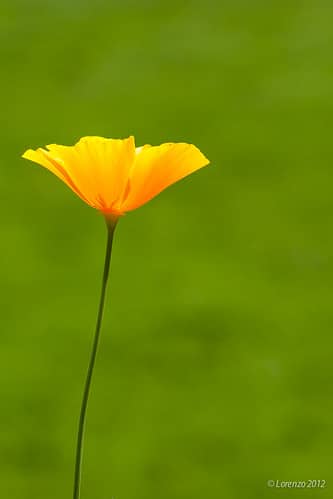Plants Sales Support Multidisciplinary Learning in Your Backyard
Estimated reading time: 3 minutes

Plant sales and swaps happen all over western Massachusetts this time of year. From big to small events, many raising funds for valuable community resources, plant sales are an excellent opportunity for sourcing your plants (and gardening knowledge) locally. They are terrific community events for learning tips on plants and gardening from both home gardeners and experts in the field! Bring your family to a plant sale this weekend and unearth the embedded learning they hold for the entire family!
Tending a family garden provides food for your family while adding beauty to your surroundings. Growing and caring for plants brings with it ample opportunity to learn about everything from edible plants to soil science! Here in western Massachusetts, gardening season is just kicking into full swing – meaning it’s time to start planning and planting your family garden!
Before choosing envelopes of seeds and six-packs of seedlings, it’s important to create a plan for your garden. Without proper planning, plants might be overcrowded, poorly positioned, or not adequately cared for. It might be most efficient to let garden planning be a task for adults, but involving children can empower them with responsibility while offering multidisciplinary learning. Using tools such as Math in the Garden curriculum or naturalist Sharon Lovejoy’s book Roots, Shoots, Buckets & Boots: Gardening Together with Children, families can discover ways for children to practice math, science, sustainability, and literacy concepts all by participating in planning the family garden. Get kids thinking about annuals and perennials and the benefits of permaculture and xeriscapes.
Another title that would be great in your family garden library is Slugs, Bugs, and Salamanders: Discovering Animals in Your Garden. Putting the food chain concept into context, this book will use the family garden as a launch into learning about pests and their natural predators.

Once you know where you’ll be growing your garden and what types of plants you’d like to put in them, commit to locally sourcing your plants. This time of year, our region is rich in plant sales and swaps, giving families many options for obtaining locally grown plants that have been dug up from the gardens and properties of other community members, local farms, and community gardens. Alongside six-pack containers filled with potting soil and starter plants, you might also find cuttings from trees and bushes, potted house plants, wildflowers and grasses, medicinal and culinary herbs, hand-preserved (dried and harvested) seeds, and plants that aren’t usually grown straight from seeds – like asparagus roots and rhubarb crowns.
Many plant sales are also fundraisers that support valuable community resources like libraries, schools, and museums. Often, the community member whose garden the plant originates from is on hand to answer your questions and offer gardening tips. Even if you’re not gardening or your gardening space is very small, plant sales are a fun place to freely share gardening information, supporting kids in developing gardening skills.
[Photo credits: (cc) Lorenzoclick; (cc) ODA]
 Hilltown Families
Hilltown Families 




























